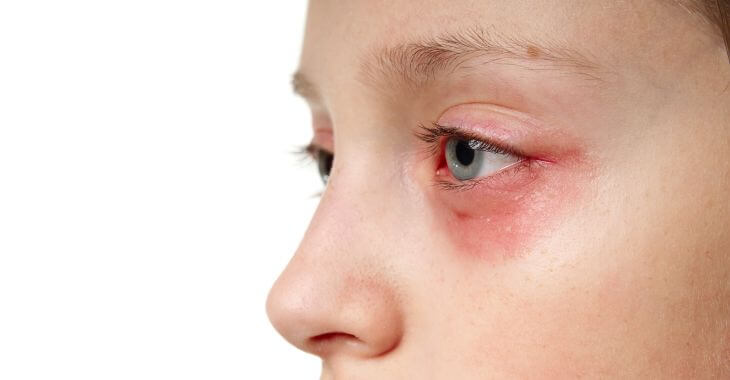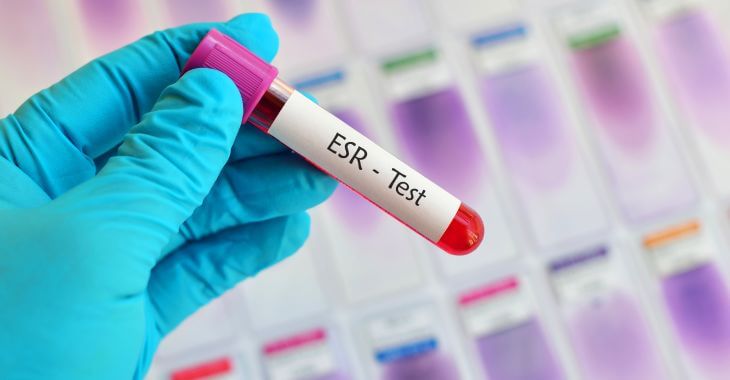Controlling Grass Pollen Allergy Symptoms

Do you have a grass allergy? Many people suffer from outdoor allergies from different types of plant pollen, including grass. How do you know if you have a grass pollen allergy? There are specific signs that you may be allergic to the grass that is growing right outside your home. Here are some of the common symptoms of a grass pollen allergy and what you can do if you have a grass allergy.
What Is a Grass Allergy?
The body can be hypersensitive to many different substances that can result in an allergic reaction. Pollen is a common allergen, including the pollen from various types of grasses. A grass allergy is when breathing in grass pollen causes an allergic reaction, which can be mild, moderate or severe. Most people with grass allergies have mild to moderate symptoms that are more annoying than life-threatening.
There are many types of grass, and each has different pollen. If you have a grass allergy, you may be allergic to one grass or multiple types of grass pollen. Some of the grasses that commonly cause grass allergies from their pollen include:
- Kentucky blue grass
- Ryegrass
- Johnson grass
- Bermuda grass
- Orchard grass
- Timothy grass
Grass usually pollinates during the early growing season, but it can vary depending on the climate and type of grass. For colder climates in the northern states, especially those with freezing temperatures, grass is dormant during the winter. Grass pollinates in the late spring and early summer, then dissipates for the rest of the year. In warmer climates, some grasses may pollinate throughout the entire year, providing fuel for grass allergies in every season.
Symptoms of a Grass Pollen Allergy
If you have a grass allergy, you can expect to experience symptoms when pollen grass levels are high, or you are exposed to grass directly. Simply walking through your yard or a park can trigger reactions, or breathing outdoor air when there are high pollen levels. Symptoms of a grass pollen allergy include:
- Puffy or teary eyes
- Itchy eyes, throat, mouth or skin
- Sneezing
- Stuffy or runny nose
- Coughing
- Headaches or sinus pain
- Hives
- Triggering asthma attacks or wheezing
Most allergy symptoms from grass pollen are aggravating, but not dangerous. However, difficulty breathing or taking a breath can be serious and should be evaluated by a medical professional.
4 Ways to Control Grass Pollen Allergy Symptoms
Runny noses, sneezing, teary eyes and sinus pressure caused by a grass allergy can make you miserable. To prevent and control grass pollen allergy symptoms, there are a few solutions. Avoiding grass pollen completely is the obvious solution, but this is not always possible. No one wants to live in a bubble. The best solution is avoiding direct exposure when possible, and using treatments to control your symptoms.
- Avoid Direct Exposure
- Those with grass allergies are not good candidates for landscaping jobs or even DIY lawn care. Mowing the grass or working in the yard can provide direct exposure to grass pollen. Consider hiring a lawn care service or having another member of your family perform lawn care duties during pollen season.
- Reduce Pollen in Your Home
- Make your home a pollen-safe place. Keep windows and doors closed and filter incoming air to remove pollen and contaminates. Remove shoes and outer clothing before entering the living space. Anyone who does mowing or has direct exposure to grass pollen should remove their clothing and shower to remove pollen.
- Stay Inside When Pollen Levels Are High
- You can monitor the pollen levels to determine when to avoid the outdoors. Weather and season can affect how much pollen is in the air. On high pollen days, try to stay indoors to reduce your exposure and minimize your grass pollen allergy symptoms. Many local news programs will announce pollen levels and you can find pollen counts online to monitor your local area.
- Allergy Medications
- When you need to be outdoors or you are experiencing symptoms of a grass allergy, there are many different over-the-counter medications you can try to control your symptoms. Each person has different preferences on what medications work best for their specific allergies. If OTC allergy medications do not provide adequate relief, your doctor may prescribe medications that can help. Corticosteroid nasal sprays, prescription antihistamines/decongestants and immunotherapy injections may be recommended.
By reducing exposure and using the right medication, most people with grass pollen allergies can manage their symptoms.

If you have grass pollen allergy symptoms, there are options for managing your condition. Your doctor can perform allergy testing to determine which grass pollens you are allergic to and offer treatment options to control your symptoms. By controlling your exposure and using the right medications, you can reduce the severity of your symptoms for a more comfortable life during those high grass pollen days in your local area.
The information provided on this website, including text, graphics, images, and other materials, is intended solely for informational purposes and should not be used as a substitute for professional medical advice, diagnosis, or treatment.




)